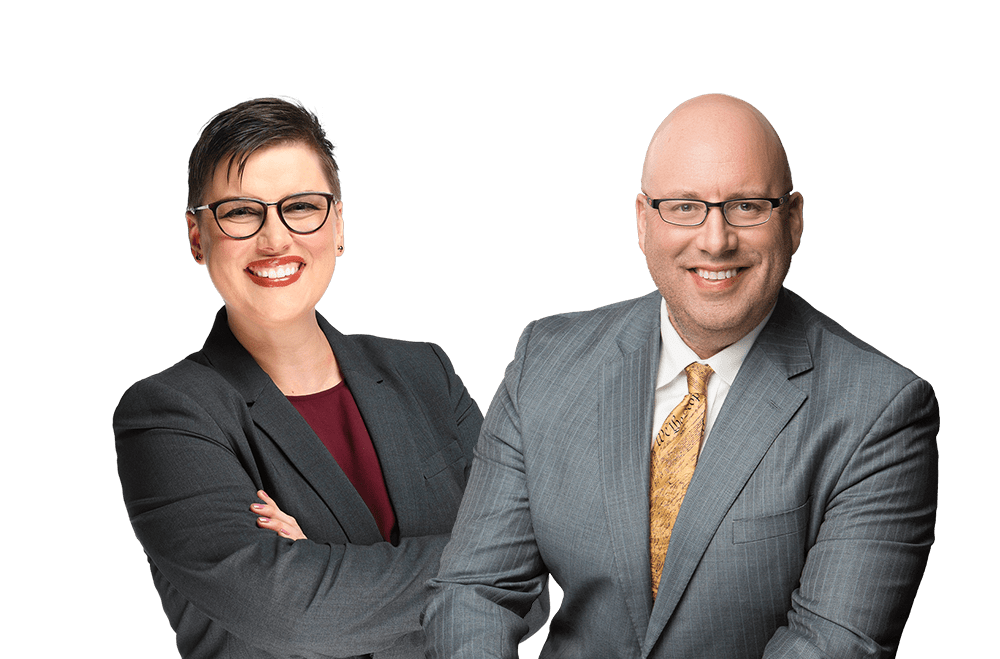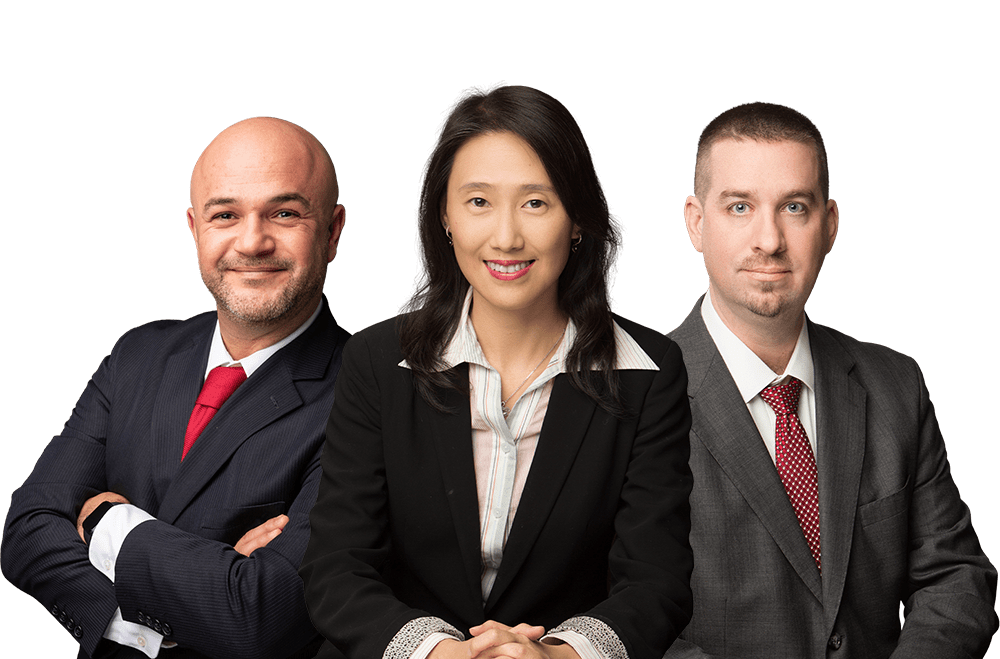Attorney-Client Privilege in UPC Litigation Proceedings
Attorney-client privilege in the patent context protects confidentiality of certain communications between a client and his/her patent attorney or any advisor enjoying the status of a patent attorney from compelled disclosure, provided the privileged material is not circulated to third parties, in which case the privilege is lost.
The concept of privilege is distinct from the concept of confidentiality: a privileged communication must be confidential not to lose the privilege, but only some confidential communications as set by the applicable legal provisions may be privileged.
Common law countries and civil law countries define and treat attorney-client privilege differently.
Some common law countries, such as the UK, provide both legal advice privilege and litigation privilege. Legal advice privilege covers all advice in relation to clients’ legal rights and obligations. This allows clients to freely discuss their legal position with their attorneys in the knowledge that their communications will remain confidential. Litigation privilege provides additional protection for communications with third parties, such as experts and witnesses, when the main purpose of those communications relates to an existing or contemplated litigation.
In contrast to common law countries, in many European civil law countries communications are first protected by a professional secrecy obligation and parties’ obligation to disclose documents and communications is generally very limited. Nevertheless, protection by privilege may also be provided but not for all counsels. Indeed, there is generally no protection for in-house counsels, who do not enjoy the same status as attorneys, as established, for example, by the European Court of Justice (ECJ) in decisions AM & S vs. Commission and Akzo vs Commission. The ECJ has recognized privilege only for communications from independent attorneys established within the European Union. At the national level, the type and scope of privilege and the categories of persons who may benefit of this right may vary significantly across the European states.
The Unified Patent Court Agreement (UPCA), which was conceived to reduce fragmentated patent litigation in Europe, contains provisions essentially reflecting civil law principles. However, insofar as attorney-client privilege is concerned, the UPCA also contains some common law principles that go beyond the more limited privilege concept used by some civil law countries and those set by the ECJ. According to the UPC, the burden of proof rests with the party asserting the facts, in line with established civil law principles. Within the framework of obtaining evidence, Article 53 UPCA provides for “discovery” proceedings including requests for information, production of documents and inspection but these proceedings are more limited than the discovery permitted, for example, in the United States. Article 48(5) UPCA recognizes that communications with representatives of a party, i.e., lawyers and European patent attorneys, are privileged and thus shielded from compelled disclosure in proceedings before the UPC unless the privilege is expressly waived by the party concerned. The UPCA distinguishes between the attorney-client privilege (Rule 287 Rules of Procedure of the UPC (RoP)) and the litigation privilege (Rule 288 RoP).
The attorney-client privilege, provided the advice sought by a client from their lawyer or patent attorney acting in their professional capacity remains confidential and is not waived, protects this advice from disclosure in UPC proceedings and the UPC Patent Mediation and Arbitration Centre. This privilege is applicable to instructions given to the lawyer or patent attorney in connection with UPC proceedings, but also “otherwise,” and thus beyond these proceedings. Under the attorney-client privilege, a lawyer or patent attorney cannot be questioned or examined about the privileged material. This is an important protection in addition to the protection from having to disclose the privileged material itself. The protected advice includes communications between the client and a lawyer. The protected advice further includes communications between the client and a patent attorney employed by the client (i.e., an in-house lawyer or patent attorney) and instructed to act in a professional capacity to provide the advice. Further, the advice includes the work product produced by these subjects as well as communications between lawyers or patent attorneys in the same firm or employed by the client, in connection with the advice.
The RoP provide a definition of “lawyer” that is not limited to a representative authorized to practice before the UPC. According to the RoP, in fact, a lawyer is a “person who is qualified to practise as a lawyer and to give legal advice under the law of the state where he practises and who is professionally instructed to give such advice.” Thus, this includes foreign-qualified persons. Similarly, a “patent attorney” is defined as “a person who is recognised as eligible to give advice under the law of the state where he practises in relation to the protection of any invention or to the prosecution or litigation of any patent or patent application and is professionally consulted to give such advice.” A patent attorney also includes “a professional representative before the European Patent Office,” i.e., European patent attorneys (who also enjoy attorney-client privilege in proceedings before the European Patent Office as provided by Rule 153 European Patent Convention). The RoP do not expressly indicate whether a patent agent is protected. Depending on the interpretation of “patent agent” and of the state where he/she practises, a patent agent may be considered as included but this is not clear. Until such time as an inclusion is positively confirmed by the case law, it is safer not to consider any type of patent agent as implicitly included.
Communications of a client, lawyer or patent attorney with third parties “for the purposes of obtaining information or evidence of any nature for the purpose of or for use in any proceedings, including proceedings before the European Patent Office” are covered by litigation privilege. This protection is important in the preparation of evidence by experts or witnesses and is conceived to include patent searches, experimental evidence or third-party opinions. The provision of the RoP establishing the litigation privilege, despite its broad wording (“any proceeding”), does not clarify whether this privilege extends to cases where litigation is merely envisaged and whether the protection extends beyond the expert reports as such, for example to the instructions given to the experts.
Accordingly, the UPCA provides a wider privilege than that provided by some European states, including those participating to the UPCA, for lawyers and patent attorneys. However, further case law will need to develop to fill the gaps that are not explicitly addressed by the law.




